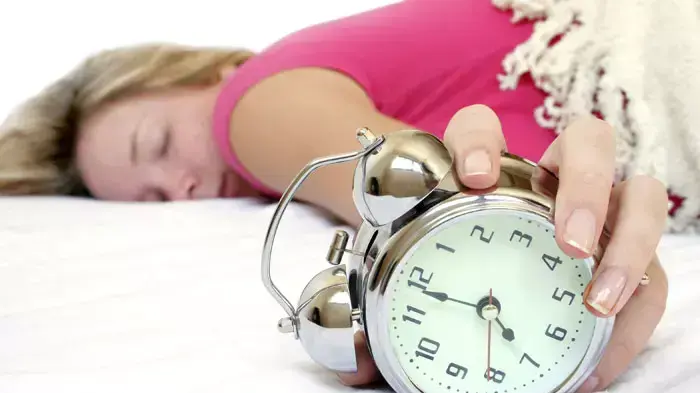The bonfires of San Juan mark the entrance to summer with very varied celebrations throughout Spain and Portugal, but also in some countries of northern Europe and even in South America, where the opposite winter solstice begins.
Several millennia ago, the Celts already celebrated that the Sun was at its maximum splendor, on the shortest night of the year, and they lit bonfires in honor of the star king so that it would not leave Earth.
The Christianization of the pagan ritual delayed the celebration of June 21, which is when the solstice takes place, to the 23rd of the same month.
According to tradition, it is the night that Saint John the Baptist was born and his father had a fire lit to announce the good news.
Beyond its origins, today many people see the festival of San Juan as a symbolic moment of the calendar, in which not only the arrival of good weather is greeted.
For many generations, the bonfire has served students to burn the thick files of notes, once they have passed the subjects.
If we take the flames of tonight as a means to burn what we want to leave behind, this ancestral rite will help us in the art of letting go of everything that does not add value to our lives and supposes an unnecessary backpack.
We can write on a piece of paper what we want to purify and burn it at home —with due precautions—, or do it at the neighborhood bonfire, if we have a fence.
In the healthy exercise of doing without everything we do not need, we can establish three sections:
physical things
Literally, San Juan campfires outside of urban settings have served to dispose of broken furniture that has fueled the flames.
Without being part of the pyre, in the first section of the list we can write down those things that we do not need and that take up space and time.
We can start with the wardrobes.
How many clothes do we have collecting dust that we haven't worn in years?
A good purpose can be to give to a social institution everything that we do not wear to lighten our home.
The same can be said of objects and boxes that we keep—in the attic, on top of cabinets, even in warehouses that we rent and pay for every month—and that we never use.
In her classic
From Her Simplify Your Life
, entrepreneur Elaine St. James proposed a radical method for getting rid of things we no longer need: “Keep them with a label that indicates a date two or three years from now, but don't write down their contents.
Store the box in the attic, or the basement, or wherever you see fit.
Once a year check the labels.
When you come across a box that is past its date, throw it away without opening it.
Since you don't know what's inside, you'll never miss it."
Habits we want to eliminate
If we examine our routines, we will realize that some of them help us to achieve our goals - one of the main ones should be to feel good - and, therefore, they must be maintained.
However, there are others that are a clear brake on our progress or the kind of life we would like to be living.
These must be eliminated, but for this you must first identify them.
It can be bad eating habits, which cause us body heaviness and lack of energy.
Or of a chaotic management of work schedules, which translates into sleep deficit and misuse of time and energy.
Not to mention improper handling of money, which makes us live on credit and with the anguish of being drowned.
Whatever bad habit we detect, by burning it on our paper, we must make a commitment to eradicate it immediately with practical measures.
Meaningless relationships and commitments
In the backpack that we carry and that deserves to be fed to the flames, in addition to junk and bad habits, the way we carry our social agenda also weighs.
How many encounters and meetings give us real pleasure, and how many do we go to just for commitment?
All of this is paid on time.
How many people are really nourishing to us and how many others unnecessarily burden and exhaust us?
It's worth doing a bit of sifting.
Everyone should consider how and with whom they spend their time.
Our hours and days are our main wealth.
Rituals of Saint John
— The verbena presents differences according to the geography.
Among the neopagan rites to attract luck is jumping the bonfire seven times or, in coastal towns, entering the sea at midnight and jumping nine waves.
— And there are the local variants.
In Menorca it coincides with the patron saint festivities and the riders put their horses on two legs in front of the raging crowd.
— For its part, in the south of Spain there is a tradition of setting fire to a rag doll called Juanillo.
Originally, it is believed that he represented Judas Iscariot, although over time he can embody anything that you want to leave behind, such as the pandemic.
50% off
Exclusive content for subscribers
read without limits
subscribe
I'm already a subscriber














